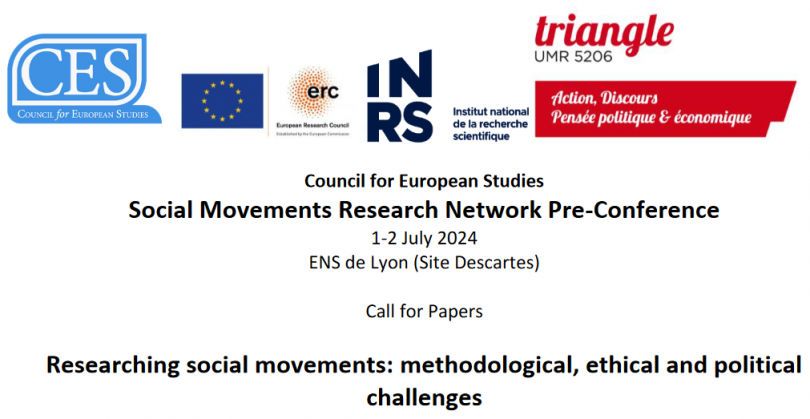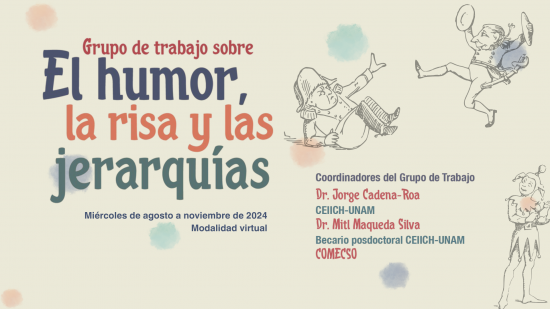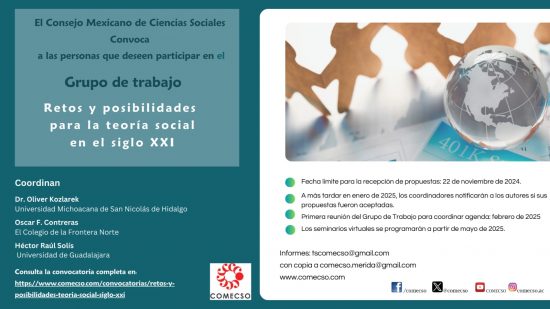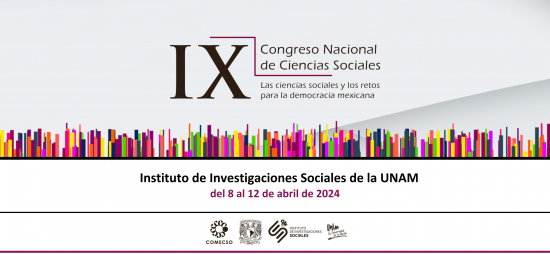Researching social movements: methodological, ethical and political challenges
Today, social movements research is a consolidated field that has grown along substantial theoretical debates, encompassing multiple approaches and broadening our knowledge on social and political conflicts. Since the eighties, the “political process model” (with its focus on mobilizing structures, frames for collective action, and the structure of political opportunity structure) has constituted a point of reference to researchers, which have either built on this model (cf. McAdam 1982; McAdam, McCarthy and Zald 1996; Tarrow 1998; Della Porta and Diani 2006) or debated it. This is the case, for example, of the recent research strand building on an interactionist perspective, which aims to bypass the sempiternal tension between structural forces and agency for the understanding of protest (Jasper 2011; Duivendak and Jasper 2015; Jasper et al. 2022); or of the sociological approaches (particularly in France) that pay a particular attention to the study of the role of socialisation in forging dispositions to collective action and in shaping trajectories of engagement and disengagement (Fillieule 2009; Mathieu 2012).
Despite the theoretical diversity of the field, social movement researchers face shared dilemmas. As such, this CES pre-conference invites contributions on three crucial themes, but not exclusively, that cut across the diversity inherent to this field of investigation – namely, the methodological, ethical, and political challenges of doing research on the dynamics of collective action. In other words, our goal here is to ask the research community a broad but compelling question: how do you do research on/with social movements? We are interested in receiving both theoretical and empirical contributions, as well as hearing reports from the field, i.e., self- reflective accounts on how researchers have dealt with these challenges throughout their work.
1. A methodological challenge: studying a broad and diverse field
As broad and multi-disciplinary field, whose development spans many decades, the study of social movements is inherently diverse – as to the range of topics observed by different scholars in different times and places; as to the epistemic assumptions and conceptual frameworks informing their work; and as to the methods they have used to collect and analyse data.
And thus: How do we study the dynamics of collective action? Does such an endeavour imply some specific methodological or data collection challenges vis-à-vis research conducted on other topics? How can we integrate different methods into a consistent research design? What should be counted as a meaningful object of study in reconstructing the dynamic of collective action? How to keep together the study of visible episodes of mobilizations (the repertoire of contentious politics investigated by classic authors such as Charles Tilly, Doug McAdam, and Sidney Tarrow) and the less visible everyday politics that precedes or follows these episodes (the everyday politics at the centre of the work of authors such as James Scott, Asef Bayat, or James Holston)?
2. An ethical challenge: negotiating the researcher’s role in value-laden and polarized environments
Developing a research project on social movements most typically implies investigating pressing social issues; and is often done in environments marked by social and political conflicts, and intense political mobilization – indeed, sometimes it is done against the background of social unrest and even open violent conflict. This creates a very peculiar research environment – a metaphorical (and sometimes not-so-metaphorical) minefield, with its own demands, risks, and challenges.
And thus, among other questions, we are interested: How should the researcher position him/herself in such situations? How should s/he negotiate his/her own feelings and values in such emotionally intense and polarized research environments? What are the challenges of developing research activities in high-risk contexts? And how should the researcher conduct him/herself when dealing with sensitive information, or vulnerable individuals and groups?
3. A political challenge: doing research with/for social movements
More often than in other investigation fields, research on social movements is conducted by scholars who have some sort of stake in the phenomena they observe. The researcher’s emotions, values, political sensitivities, and personal background represent as many triggers for him/her to decide to focus on a specific topic; and often a scholar would embark on a given project because s/he sees research as a way to contribute (in direct or indirect ways) to what is perceived to be a just cause or, conversely, to denounce what is perceived as an unjust cause. And of course, research can be integral to social and political projects, e.g. through approaches based on concepts such as co-production, action-research, conricerca – all of which, in one way or another, point to the added value of developing participatory, value-oriented research projects.
And thus: How can scholars come to terms with the deliberate abandonment of the gold standard of “neutrality” of traditional mainstream social sciences? Can we identify practical examples and guidelines for the participatory scholar in these situations? What specific challenges are brought
to the fore by the researcher’s double role of scholar and participant – both in his/her research practice and in his/her interaction with non-academic actors? What kind of outputs should this interaction produce? How can we reconcile the different natures, objectives, and timelines of scholarly research and collective action? And to what extent the emphasis on terms such as “co- production”, “impact”, and “outreach” in the contemporary academic discourse is consistent with participatory approaches?
Abstracts should be maximum 500 words long, in English, and include the status and affiliation of all authors.
Please send your abstracts to this address: SMRNCES@gmail.com; luisa.rossini@ics.ulisboa.pt
Submission Deadline: 15th of January 2024
Decision: 1st of March
Submission of Full Paper: 1st of June
Proposals will be assessed by the Board of the CES Social Movements Research Network (organizers): Tiago Carvalho (co-chair), Luisa Rossini (co-chair), Guya Accornero (Board), Montserrat Emperador (Board), Pierre Monforte (Board), Marco Allegra (Board), Gabriele D’Adda (Board).
Papers will be circulated among participants two weeks before the pre-conference; each of them will be assigned a discussant, but the participants will commit themselves to reading all the papers presented. There will be no parallel sessions: all participants will attend one session after the other (max. 3-4 paper per session), in order to create the best possible conditions for a productive debate.
The conference will take place at ENS de Lyon (Site Descartes), 15 Parvis René Descartes (69342 Lyon).
Please note that we cannot provide financial support for attending the conference, but there will not be any registration fees.
We wish to thank the European Research Council, the Institut National de la Recherche Scientifique and Triangle, as well as the Council for European Studies (CES) for their support in granting us access to the space.
We strongly encourage you to also attend the CES annual international conference, which will take place in Lyon on July 3-5th, 2024. More information (including the call for proposal) is available on the on CES’ website: https://councilforeuropeanstudies.org/conferences/upcoming-conferences/
Download>>
Te puede interesar

Publicaciones del COMECSO
comecso - Dic 04, 2024Este espacio reúne la gran mayoría de la producción editorial de nuestra asociación. A lo largo de casi cinco décadas,…
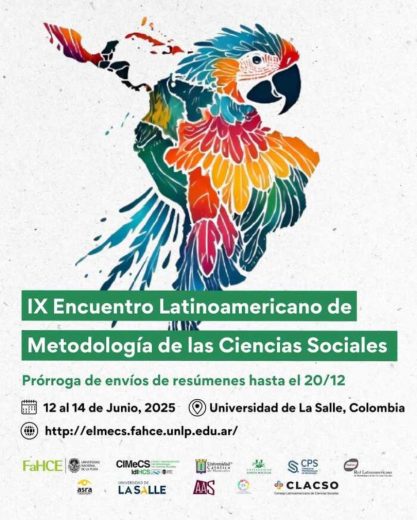
IX Encuentro Latinoamericano de Metodología de las Ciencias Sociales
Laura Gutiérrez - Dic 11, 2024IX Encuentro Latinoamericano de Metodología de las Ciencias Sociales Indisciplinar las ciencias sociales. Transformaciones y resistencias en las fronteras metodológicas…
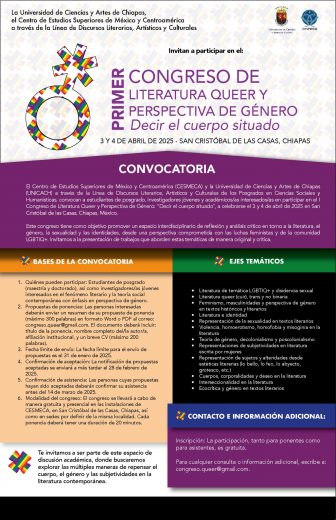
Primer Congreso de Literatura Queer y Perspectivas de Género: “Decir el cuerpo situado”
Laura Gutiérrez - Dic 11, 2024La Universidad de Ciencias y Artes de Chiapas, el Centro de Estudios Superiores de México y Centroamérica a través de…
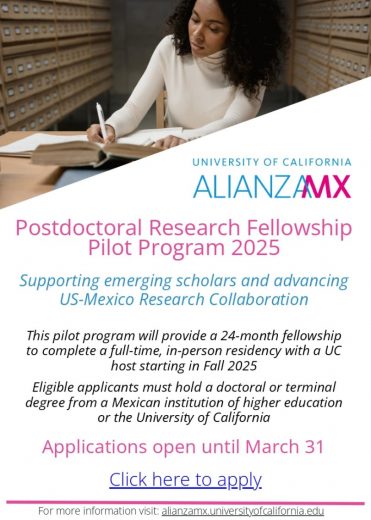
Postdoctoral Research Fellowships
Laura Gutiérrez - Dic 11, 2024University of California Alianza MX Postdoctoral Research Fellowships 2025 Pilot Program Deadline: March 31, 2025 The University of California Alianza…
